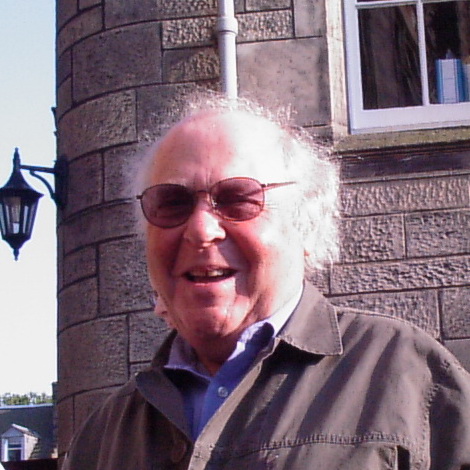
(credit: Sgt. Sinthia Rosario, via Wikimedia Commons
But if humans act as they do mostly because of social
programming, why or how did some behaviour patterns ever become established in
the first place in the earliest of human societies? And why did many behaviours
obviously possible for humans vanish totally or never get tried at all? Why don’t
most people on this planet eat Rowan berries or make their children into
slaves? The answer is obvious: the morés that help us to live are kept; the
ones that don’t serve the needs of survival aren’t. We keep alive the morés
that keep us alive.
The second step in the explanation of social morés
and cultures is this: behaviour patterns become established in a society and
passed on from generation to generation if they enable the people who do them
to live their lives as individuals and as whole tribes , to reproduce, and to
program the behaviours into their young. If new morés or behaviour patterns are
to last, they must achieve these results at levels of efficiency at least as high
as those the community knew before its people began to acquire the new behaviour
patterns. This is the theory around which is built the field of sociocultural
evolution, a field of study that began to develop as a branch of Science only in
the twentieth century due to the work of people like sociologist Gerhard Lenski
and anthropologists Leslie White and Marshall Sahlins.3
And none of the socio-biologists has come up with a
comprehensive theory of socio-cultural evolution, one that is widely accepted
as correct in the way that Darwin’s theory of biological evolution is. But at
least they are on the right track. Their project is the right project. They are
trying to understand morality in terms of reality, and so to make the
connection we desperately need. Why do we do the things that we do? What things should we be doing?

Marshall Sahlins (credit: Elkziz, via Wikimedia Commons)
No comments:
Post a Comment
What are your thoughts now? Comment and I will reply. I promise.